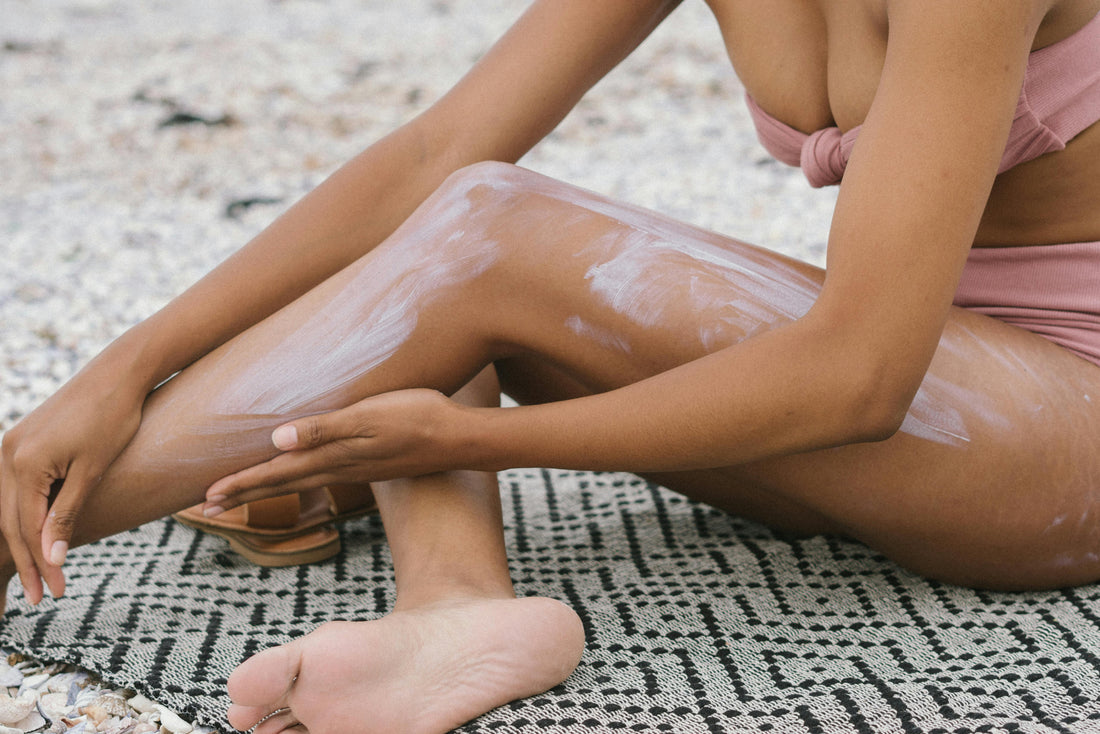
Why Sunscreen is the #1 Anti-Aging Product (According to Dermatologists)
Share
When most people think of anti-aging skincare, they picture serums, retinols, or luxury creams. But dermatologists around the world agree on one simple truth: sunscreen is the most effective anti-aging product you can use. Unlike expensive treatments, sunscreen protects your skin from the number one cause of premature aging — the sun’s ultraviolet (UV) rays.
In this guide, we’ll explain why sunscreen deserves the top spot in your skincare routine, how it prevents fine lines and wrinkles, and the best way to use it daily for long-lasting results.
1. How the Sun Ages Your Skin
Up to 90% of visible skin aging is caused by sun exposure. UV rays damage collagen and elastin, the proteins that keep skin firm and youthful. This leads to:
- Wrinkles and fine lines
- Sagging skin
- Uneven tone and dark spots
- Rough, dry texture
Even on cloudy days or while sitting near a window, UV radiation reaches your skin and causes cumulative damage over time.
2. Sunscreen vs. Anti-Aging Creams
While creams and serums can help improve the skin’s appearance, they cannot undo the daily damage from UV rays. Sunscreen, however, works as a shield to:
- Prevent new wrinkles from forming
- Reduce the risk of dark spots and hyperpigmentation
- Maintain collagen levels
- Lower your risk of skin cancer
Dermatologists often say: “The best anti-aging cream is sunscreen.”
3. Daily Sunscreen Habits That Make a Difference
Using sunscreen correctly is key to reaping its benefits. Here’s what experts recommend:
- Choose broad-spectrum sunscreen (SPF 30 or higher)
- Apply generously — about a teaspoon for the face and neck
- Reapply every 2 hours if outdoors
- Don’t skip cloudy days — up to 80% of UV rays still pass through clouds
- Pair with antioxidants like Vitamin C for added protection
4. What Type of Sunscreen is Best?
There are two main types:
- Mineral (physical) sunscreens — with zinc oxide or titanium dioxide, great for sensitive skin
- Chemical sunscreens — with ingredients like avobenzone or octocrylene, usually lighter and easier to apply
Both work well if applied correctly, so it comes down to skin type and preference.
5. The Bottom Line
If you want smoother, younger-looking skin, sunscreen should be your non-negotiable daily product. It’s affordable, widely available, and backed by decades of research. Pair it with a gentle moisturizer and a healthy lifestyle, and you’ll protect your skin for years to come.
💧 Forever Dew Tip: Think of sunscreen not as optional, but as your skin’s daily armor.
